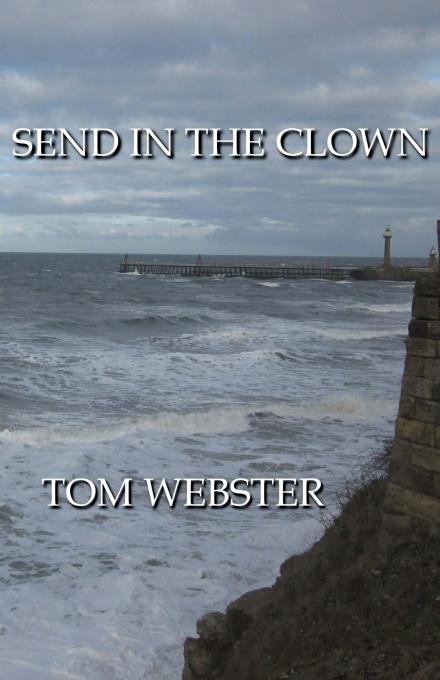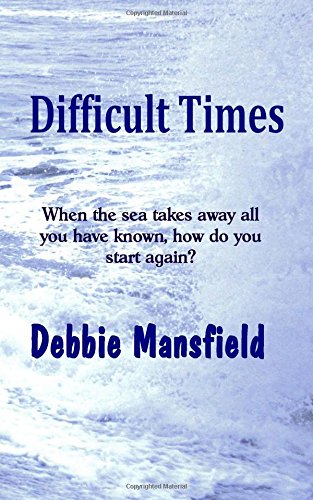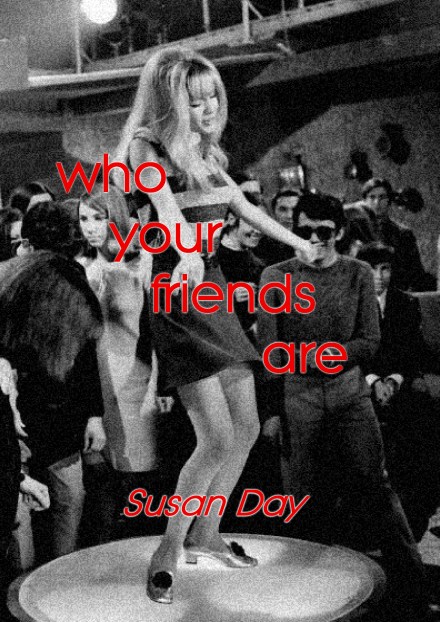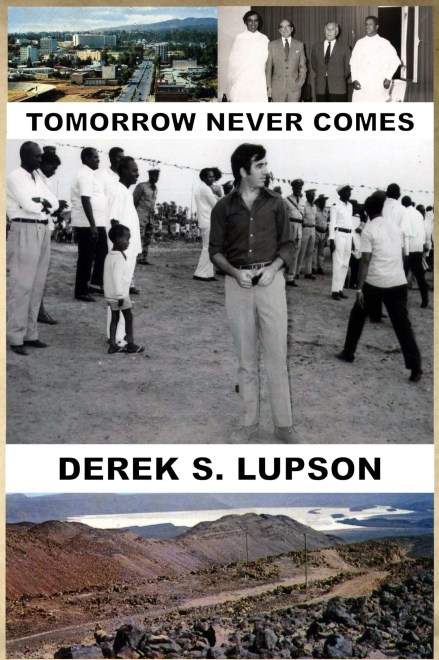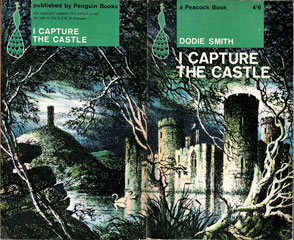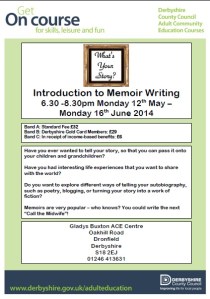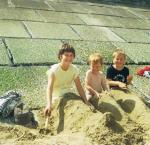- The brilliant front cover of Distortion, my second novel
- Libraries Gave us Power tattoo!
I haven’t made a big song and dance about it…yet, but my second novel, Distortion, is now out as an e-book and a paperback. It’s been a long process, but my writing and editing skills have been sharpened by working with the inspiring clients I have worked with since 2013, when I set up my freelance editing business, Wild Rosemary Writing Services.
Now I have helped other people’s dreams of publication to come true, I felt that I knew the editing process well, I had great feedback from my friends who wee the “beta readers” of the book before it was published, and I had a wonderful cover designed by Susie Morley, which really makes the book eye-catching.
I started writing Distortion in 2010, shortly after finishing my writing MA, and it was wonderfully freeing to write something brand new, without any baggage or restrictions. Having new ideas and developing new characters was really exciting, and the second time around, I felt much more sure-footed when it came to plotting the novel.
Now I’ve written and self-published two novels, I can pass on some advice for aspiring novelists – I’d love to know what you think.
- Don’t work alone. Being part of a writing group is really useful. Find one that suits you, and if you can’t find one, form one yourself. I was one of the founding members of the Sheffield Novelists group, and now it’s been going since 2009, helping people through the creative process and bringing writers together. There are also many online writers’ groups, such as Scribophile. The ideal writers’ group will keep you going – e.g. help you to commit to writing a chapter per month, encourage you, but also discuss aspects of your work that could be improved.
- Keep going ! If you’re anything like me, you’ll have a million and one things in your life as well as writing a novel. Just keep going. Even if you can only commit half an hour in a day, or a few hours at weekends to your writing, keep up that commitment to yourself. This is something that you may keep needing to evaluate if you let yourself down, but that’s how I finished, and edited Distortion.
- Don’t hurry! In my opinion, a novel needs space and time to breathe and develop. You may find yourself being as influenced by your novel as much as you are creating it. For example, I thought that my music-obsessed teenage main character, Jason, might be really into the band Manic Street Preachers, so I started buying their albums, despite not being a big fan to start with. It had also been years since I had picked up a guitar. Along the way, I now have a “libraries gave us power” Manic Street Preachers tattoo (featured below), I’ve learned how to play the bass, and I’m now playing the guitar in a band. Your novel is part of you, so live and breathe it while you are writing. Obviously this would be a little worrying if you were writing a murder mystery though.
- Keep learning: go to writing workshops and spoken word nights whenever you can, read about and research the craft of writing, and meet fellow writers. Pop into your local library (hopefully you have one!), or search online for writing events near you. Often, there are events that are free or affordable, and there’s advice online. Go Teen Writers is one of my favourite blogs for advice on the nuts and bolts of writing, although it does tend to have a U.S. bias. This will also help you to build up a network of other writers and get great advice from published authors as well as people who are starting out.
- Edit as much as you can. Once you’ve finished the first complete draft, put it away for a few weeks at least and enjoy the freedom. Once your writing fingers start itching again, edit until your book is the best you can make it. There’s some good advice here about editing your book in layers.
- Once you’ve edited your book, you still need an external editor. This isn’t just a plug for my own editorial services! Whether this is someone that you pay, or a friend or relative you can trust to be eagle-eyed and even ruthless at times, you need someone to spot those silly mistakes (no matter how carefully you think you’ve checked your manuscript) or daft ideas that just didn’t work. Then go through the book again yourself, just in case anything stands out.
- Self publishing is difficult, but worth it. It’s great to get my words out in print and to know that people around the world can read them. The problem is publicity and marketing. I love my books, but I don’t want to feel like I’m blowing my own trumpet all the time and boring friends on social media and in real life to death by constantly reminding them to buy my book – and then to review it on Amazon. You’ve got to get the balance right. It’s a good idea to help out other authors too, particularly self-published ones. Give other writers good reviews and hopefully, they’ll do the same for you!
Please take a look at Distortion. If you fancy reading an exciting novel about secrets, lies and loud guitars, you’ll definitely enjoy it. It’s out as an e-book and also as a rather handsome paperback.
Here’s the blurb:
When teenager Jason Knight picks up a battered acoustic guitar in a charity shop, he just wants to form a band with his best friend Ben and stop being bullied by his nemesis, Bradley Smeed.
Jason’s guitar playing stirs up memories for his mum Kaz. She’s been keeping her true identity secret: fourteen years ago, she ran away from cult stardom in the band Mission Control, traumatised by the death of her lover, troubled guitar genius Daz Lightning.
Will Jason Discover the truth and become a rock god?
Read a sample or buy the book below!





